- 🏡 Experts forecast U.S. home values to rise nearly 21% by 2028 despite high mortgage rates.
- 📈 The Home Price Expectation Survey projects 3–4% annual home price growth through 2029.
- ❌ Economists widely reject a 2025 housing crash due to tight supply and stricter lending.
- 📊 Las Vegas is outperforming the national market due to high investor demand and land shortages.
- 🔒 Low inventory and locked-in homeowners are keeping prices stable even amid high rates.
If you feel unsure about the housing market in 2025, you are not alone. Home prices are high, and interest rates are much higher than in past years. So, many people ask the same question: will home prices drop, or will they keep going up? Headlines often create fear of a crash, but the facts show something else. Basic economics and expert predictions point to steady prices. And in many places, prices will keep going up. This article will explain the latest home price forecast, what is happening in the housing market in 2025, and what experts expect. This way, you can decide what to do if you are a buyer, seller, or investor.
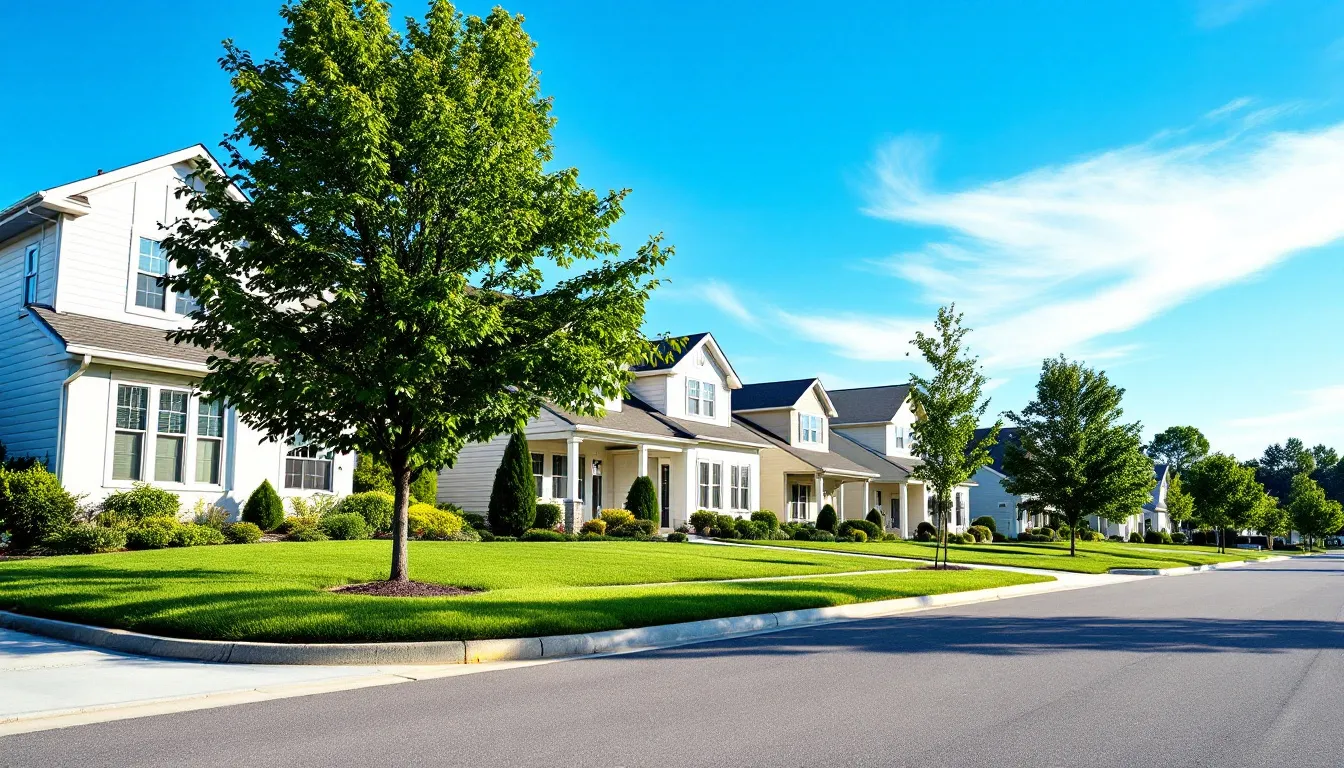
The Big Myth: Are We Headed for a Housing Crash?
The idea of a housing crash in 2025 has become popular because of worries about affordability and rising mortgage rates. But this fear misses key differences between today's market and what caused the 2008 crash.
Back in 2008, too many risky loans, too much building, and weak lending rules made a weak system ready to fall apart. Lenders approved mortgages with not much checking. And homeowners often borrowed more than their homes were worth. When prices began to drop, foreclosures rose fast, and the system fell apart quickly.
Today, the situation is very different:
- Stricter lending rules: After the Great Recession, banks put in place strict lending rules. Today's borrowers have higher credit scores, steady incomes, and large down payments.
- Low risk of not paying: Few people are behind on their payments, a near-record low. The Mortgage Bankers Association says the national rate for late payments in early 2025 is still lower than before the pandemic.
- Not enough homes: Before 2008, builders made too many homes. But for the past ten years, builders have not built enough homes. So, demand is much higher than the number of homes available.
Economists from NAR, and the Mortgage Bankers Association all agree: there is no housing bubble that will burst. Instead, the reasons for prices to keep going up are solid.
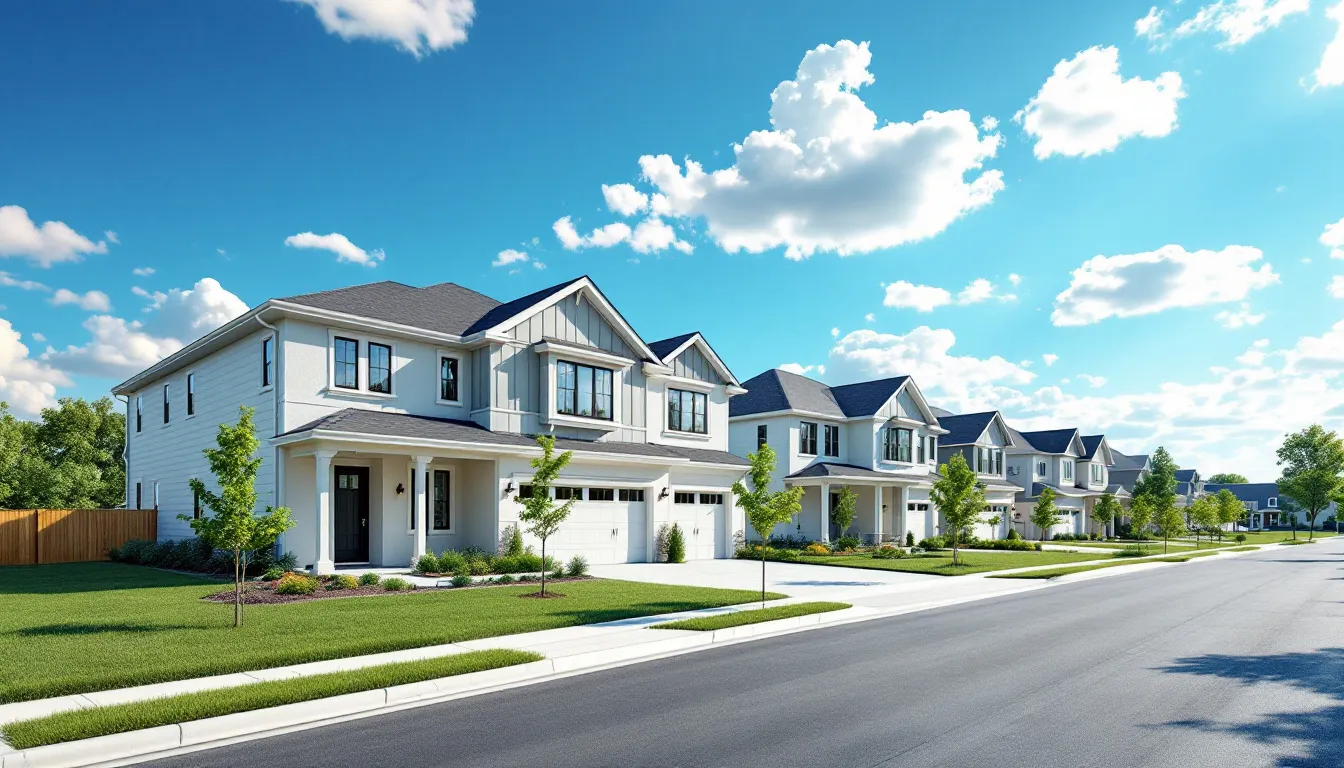
What the Experts Predict: Home Price Growth 2025–2029
To tell where the market is going, one good way is to look at what most experts think. And by this measure, the future looks good for homeowners and investors.
Looking at forecasts all together The National Association of Realtors (NAR), Zelman & Associates, and the Mortgage Bankers Association shows that U.S. home prices are expected to rise slowly but surely over the next five years. Economic and Housing Outlook expects prices to go up by almost 21% in total by 2028. This is a strong sign that home values will stay strong over time.
What's more, the quarterly Home Price Expectation Survey (HPES) gathers over 100 housing economists and real estate market analysts. The Q2 2025 HPES report says the average forecast for national price increases is between 3% and 4% each year through 2029.
This steady, normal growth tells us two things:
- It shows a healthy market, not one getting too hot.
- It offers a good chance to build wealth for homeowners who keep their homes.
These real estate predictions suggest that fears about a housing crash are not based on solid economic facts. Instead, we may be seeing a long-term pattern of steady, even if slower, price increases.
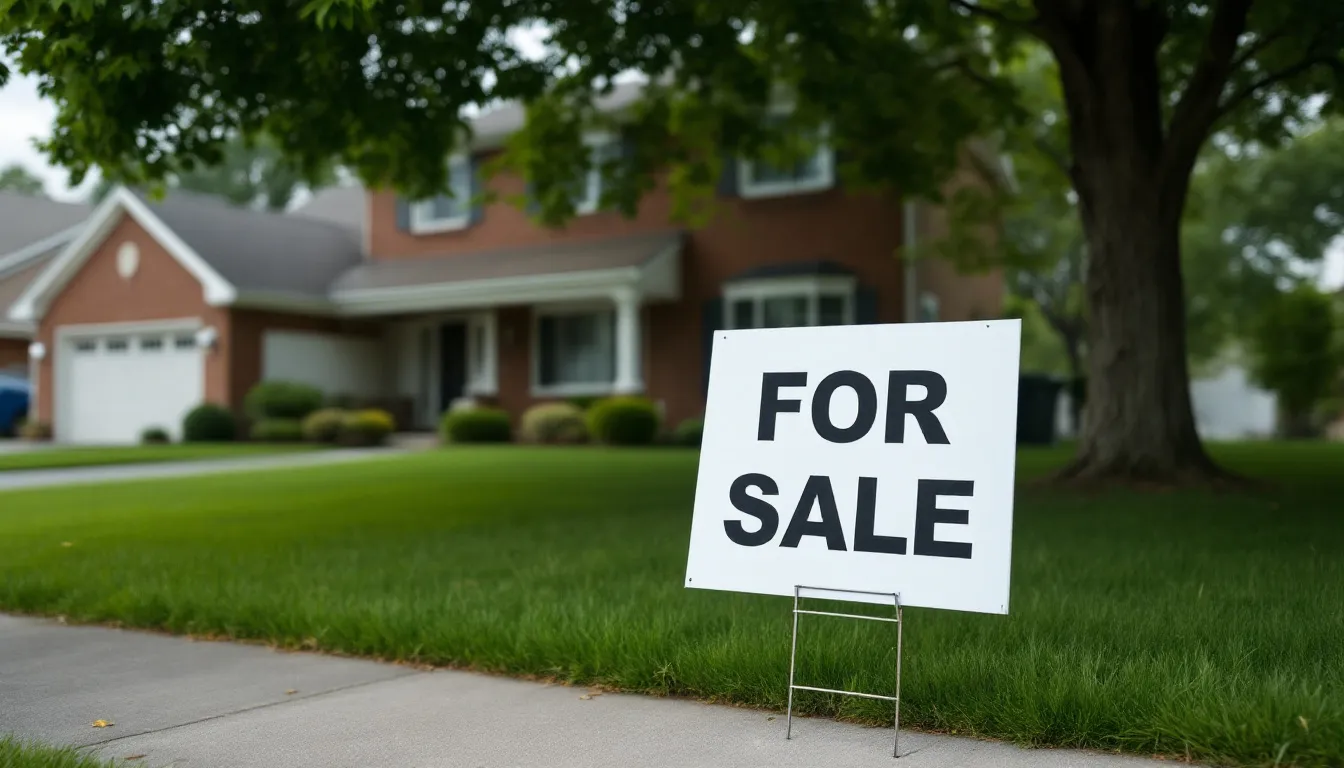
2025 Housing Market Snapshot: Becoming Steady vs. Dropping
Housing activity has cooled compared to the very active period of 2021–2022. But the market now is becoming steady instead of dropping sharply.
Things that help make the market steady include:
- High mortgage rates: They are around 6.5–7%, and they have slowed down demand, especially for first-time buyers.
- Sticky home prices: Even with the slowdown, home prices stay high because there are few homes for sale.
- Ongoing demand: Millennials are reaching the age when they buy most homes. And remote work keeps changing what people want.
What happens? A cooler but balanced market. Sellers are not cutting prices a lot. And buyers are changing what they expect. Bidding wars might not happen as much. But good homes in good places still sell fast, often at or above the asking price. This shows a balanced market, not a weak system.
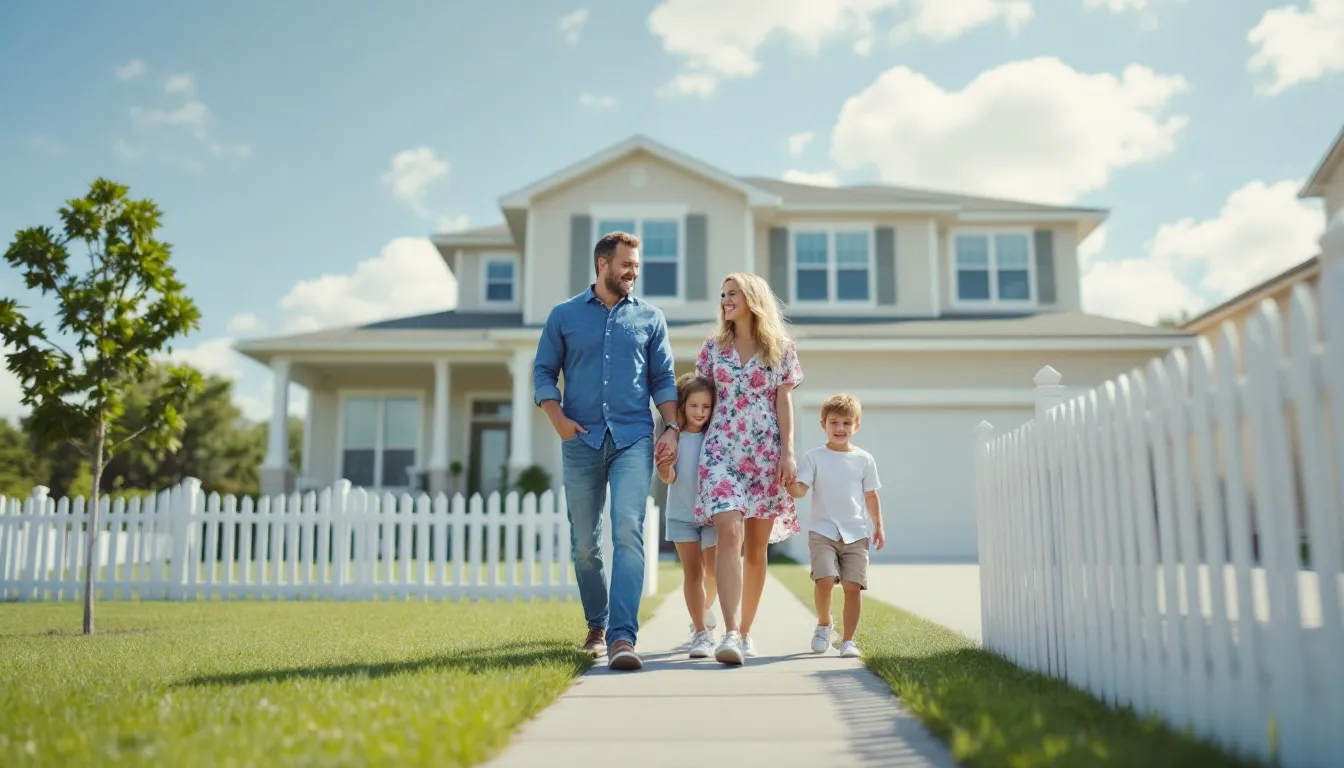
Why a Housing Crash Is Unlikely
To figure out the chance of a crash, you need to look at the basic market facts. And in 2025, those facts are very strong in many ways.
1. Strong Job Market
The U.S. unemployment rate is still low compared to past times. A good job market means people can keep paying their mortgages, lowering the chance of people not paying. Even with some layoffs in tech and finance, the main job numbers still look good.
2. Not Enough Homes
There is a shortage of more than 3.8 million homes in the United States. This shortage has been made worse by years of not building enough and more people needing homes.
Unlike past bubbles, there are no too many unsold homes or too much building. It is the opposite. Demand is higher than supply, especially in big cities.
3. Responsible Lending Standards
Changes in rules since the subprime crash have changed how loans are made and checked. The “Qualified Mortgage” rule makes lenders check if a borrower can pay back the loan. This includes looking at their income, what they own, their job, and past credit history.
With these protections, a wave of mass foreclosures, which started the 2008 crash, is very unlikely.
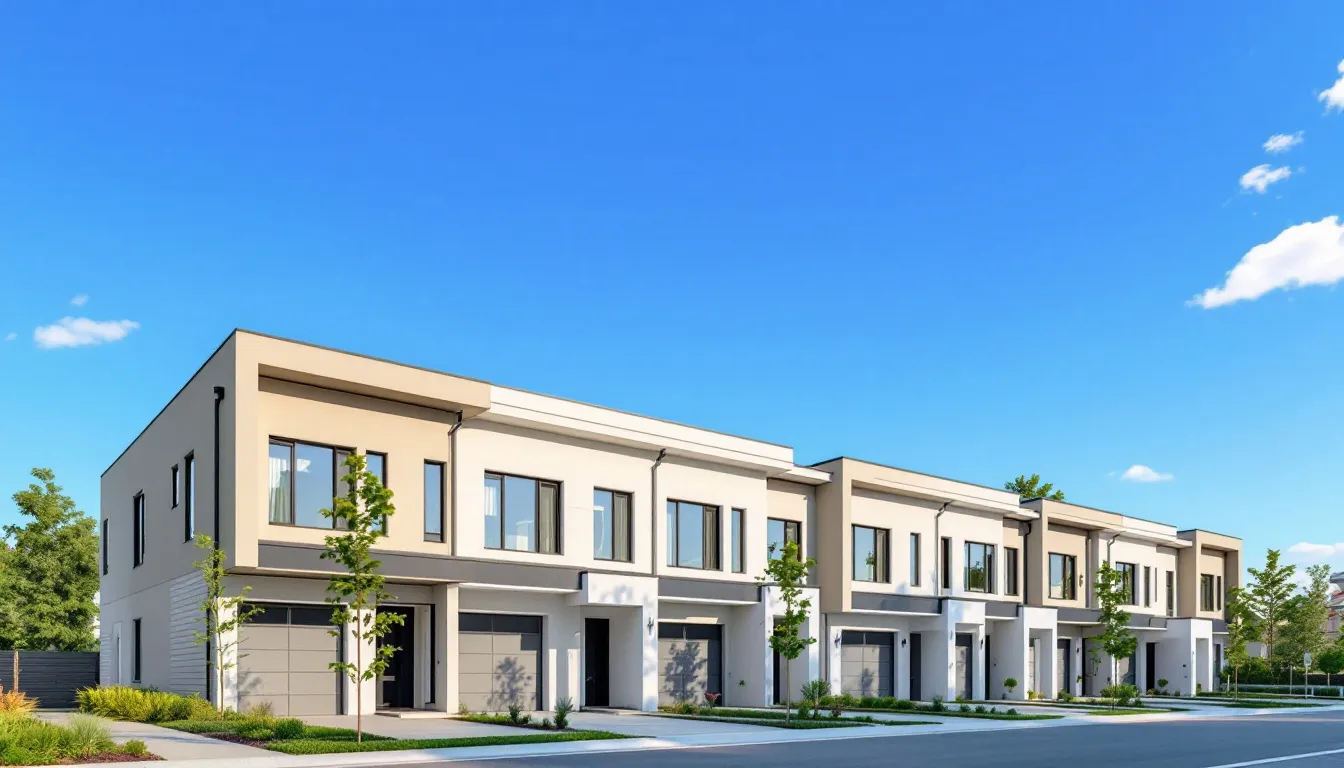
2025–2029 Real Estate Predictions: The Continued Climb
What will happen next? HPES predictions say home values will keep rising, slowly but surely.
Year-by-Year Forecasted Home Price Growth
- 2025: ~3.32%
- 2026: ~3.74%
- 2027: ~4.18%
- 2028: ~4.36%
- 2029: ~4.18%
These predictions show:
- The ongoing lack of enough homes
- Steady economic growth
- More people needing homes, especially in areas outside cities and places with lower prices
This trend, while not as dramatic as the big jumps after 2020, is a more lasting path for homeowners and investors alike. It fits the idea of a balanced market: steady demand, not enough homes, and prices going up.

Las Vegas Market Focus: Are We Matching National Trends?
Las Vegas gives a local look at the national housing pattern, and the results are interesting.
Steve Hawks, a leading Las Vegas real estate expert, says the local housing market is not just following national patterns. It is doing better than them in some ways. Las Vegas keeps attracting interest from investors outside the state and retirees moving from expensive cities like Los Angeles and San Francisco.
Main reasons for the local market include:
- Limited land: Rules on land that can be built on limit new building. This makes more people compete for existing homes.
- Growing population: Nevada is still a low-tax, business-friendly state with more people.
- Investor activity: Many large and private investors are buying to hold homes, getting rental money from tourism and workers.
Even with mortgage rates around 7%, Las Vegas has not seen big price drops. Fewer homes are being bought and sold, but property values stay strong, especially in newer neighborhoods and areas with good schools.
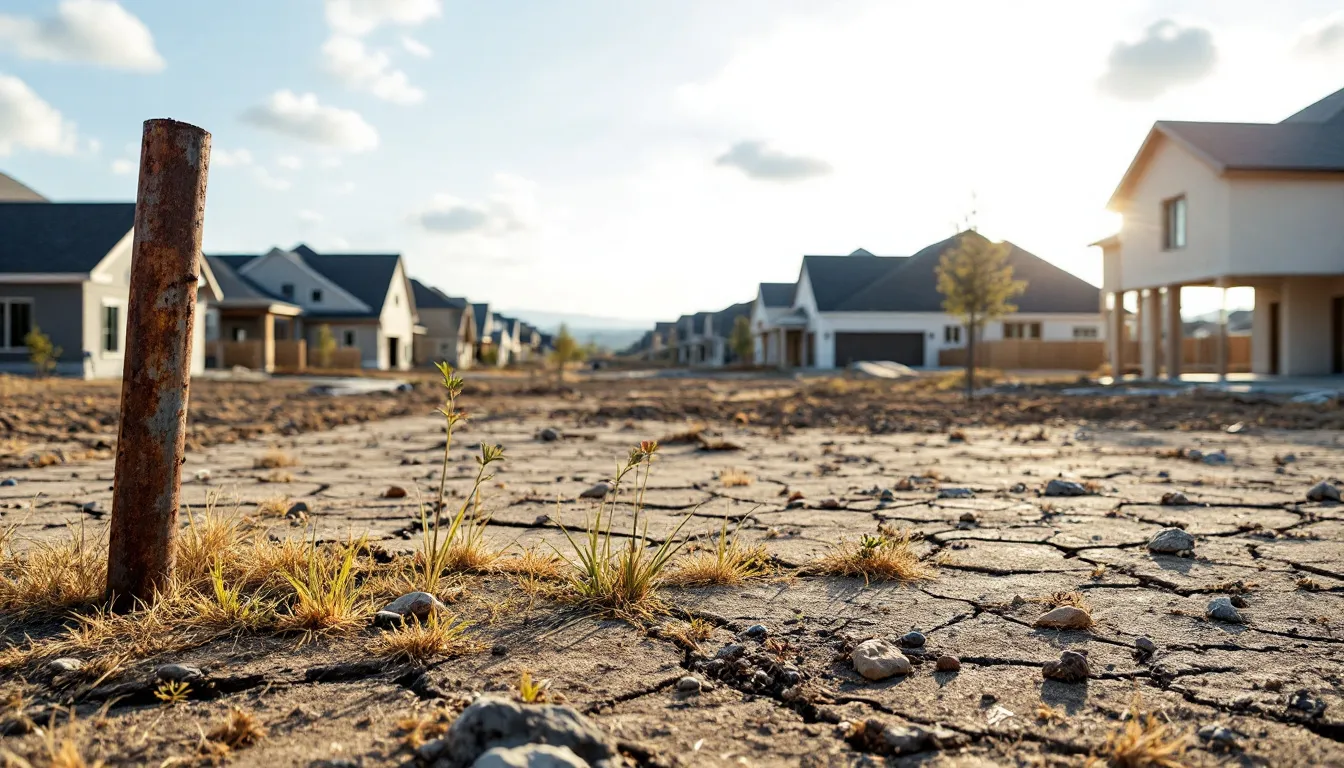
Supply and Demand Still Favor Sellers
One of the main reasons home values are not falling a lot is basic economics: demand is more than supply.
The U.S. still has a national shortage of 3.8 million housing units. Construction has grown over the past two years, but most of it has not been starter homes or affordable housing. The gap remains, and in many markets, it is growing.
In Las Vegas, the problem is even worse due to:
- Geographic limits (desert, federal land)
- Zoning rules
- High construction costs
All of this creates what is called "seller advantage." Homeowners are not pressured to drop prices because buyers have few other choices.

What Higher Mortgage Rates Mean for Home Prices
The high interest rates in 2025 have clearly changed the situation:
- Monthly payments have jumped
- Homes are harder to afford
- Buyers are less eager
But instead of home prices falling, this change has changed what buyers prioritize. Today's buyers are looking at smaller homes, different neighborhoods, or other types of loans, like adjustable-rate mortgages (ARMs) or buydowns.
Meanwhile, many homeowners with mortgage rates below 4% are choosing to “stay put,” which means even fewer homes are for sale. This “lock-in effect” is a big brake on supply, making prices more stable.

Investor Behavior and Its Role in Future Price Growth
Real estate investors are not leaving the market. They are adapting to it. Instead of quick profit bets seen in the 2000s, today’s investors focus on:
- Long-term holding and renting
- Properties in growing neighborhoods
- Chances to buy apartment buildings
In Las Vegas, these strategies are very common. They help reduce available homes and drive up prices. As jobs grow in leisure, logistics, and tech, investors still feel good about rental income. This also helps make rising prices more likely than falling ones.

Implications for Homebuyers: Should You Buy Now or Wait?
Many buyers are stuck because they fear paying too much. But waiting might cost more.
Let’s explain it:
- A $400,000 home going up in value by just 3.5% each year would be worth over $460,000 in five years.
- Even a small drop in rates (say, from 7% to 6%) may not be worth waiting for, because home prices will be higher.
For buyers planning to stay 5+ years, buying now could secure equity growth. As always, work with experts to check your income, steady job, and goals. Then decide based on facts, not headlines.
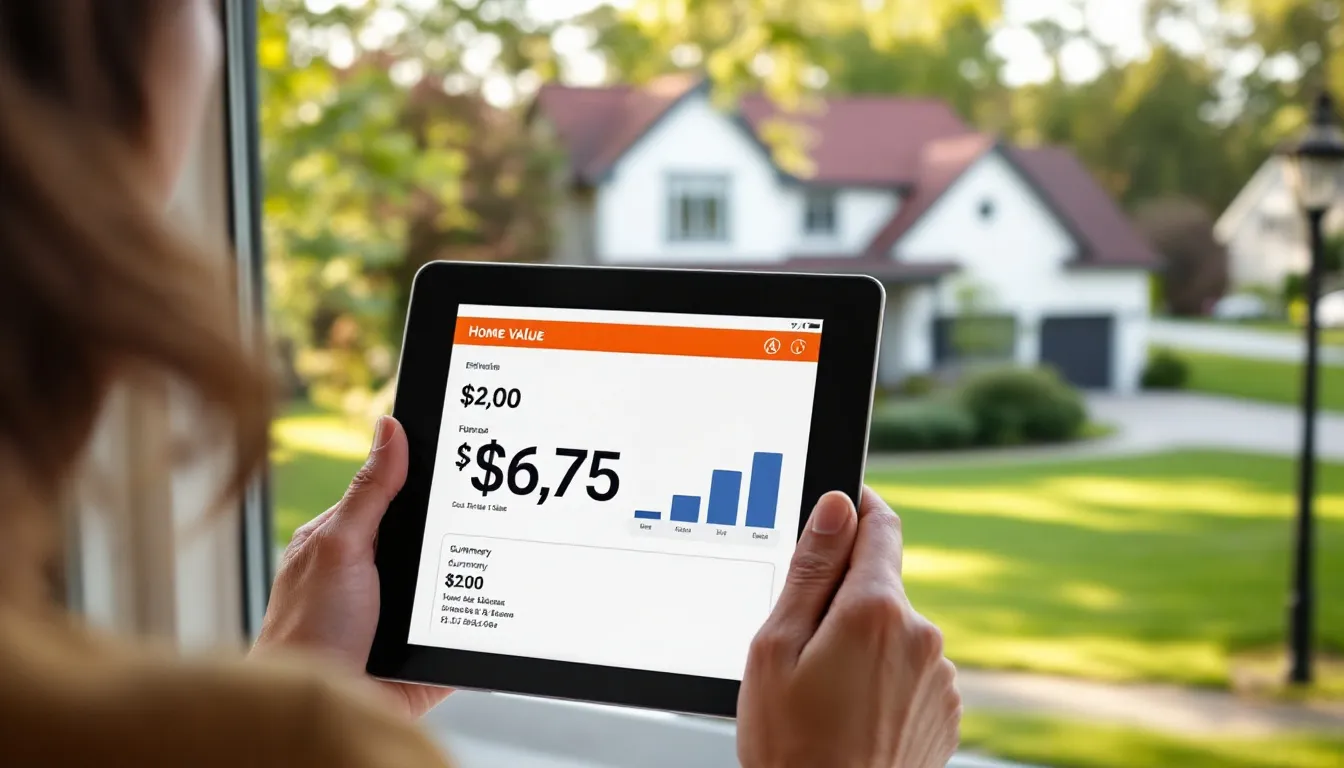
Advice for Homeowners: Understanding Your Value Window
If you already own a home, you are in a strong position as equity continues to grow.
Consider:
- Refinancing if rates fall later on
- Using your home's equity to pay for a remodel, pay off debt, or invest
- Selling smartly to buy a bigger home, a smaller home, or move while values stay strong
Steve Hawks suggests regular home value checks to understand your place in the market. Many homeowners are surprised to find they have much more equity than they thought, which gives them new chances.
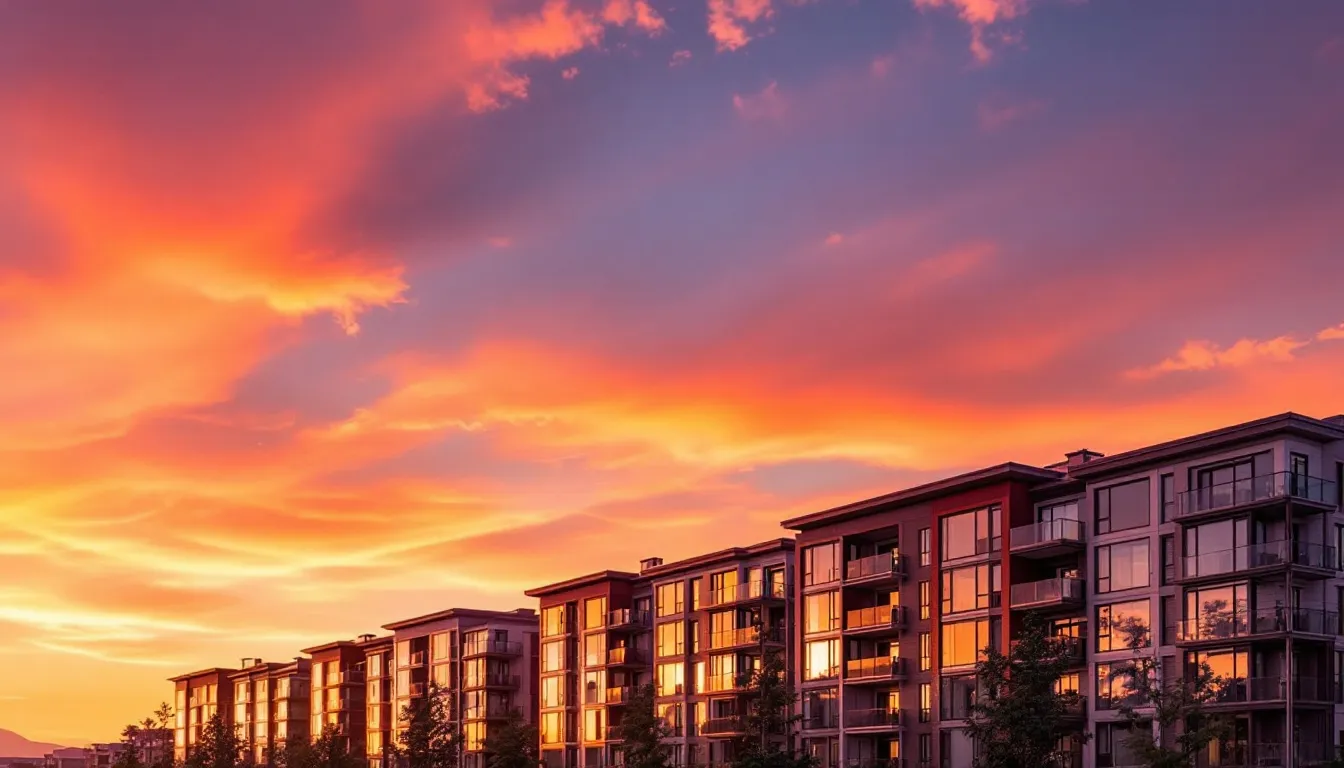
Real Estate Investment Strategy in 2025 and Beyond
Investors, note this: long-term basic facts are on your side, but choosing wisely is important.
In Las Vegas, rising rents and low vacancy rates are increasing profits on condos and apartment buildings. Newer neighborhoods near growth projects or new roads often show much higher value growth.
Steve Hawks suggests an on-the-ground approach with facts. Look at future zoning changes, development plans, and population changes to find the best places to buy. The national market may be steady, but local insights can give smart investors an advantage.
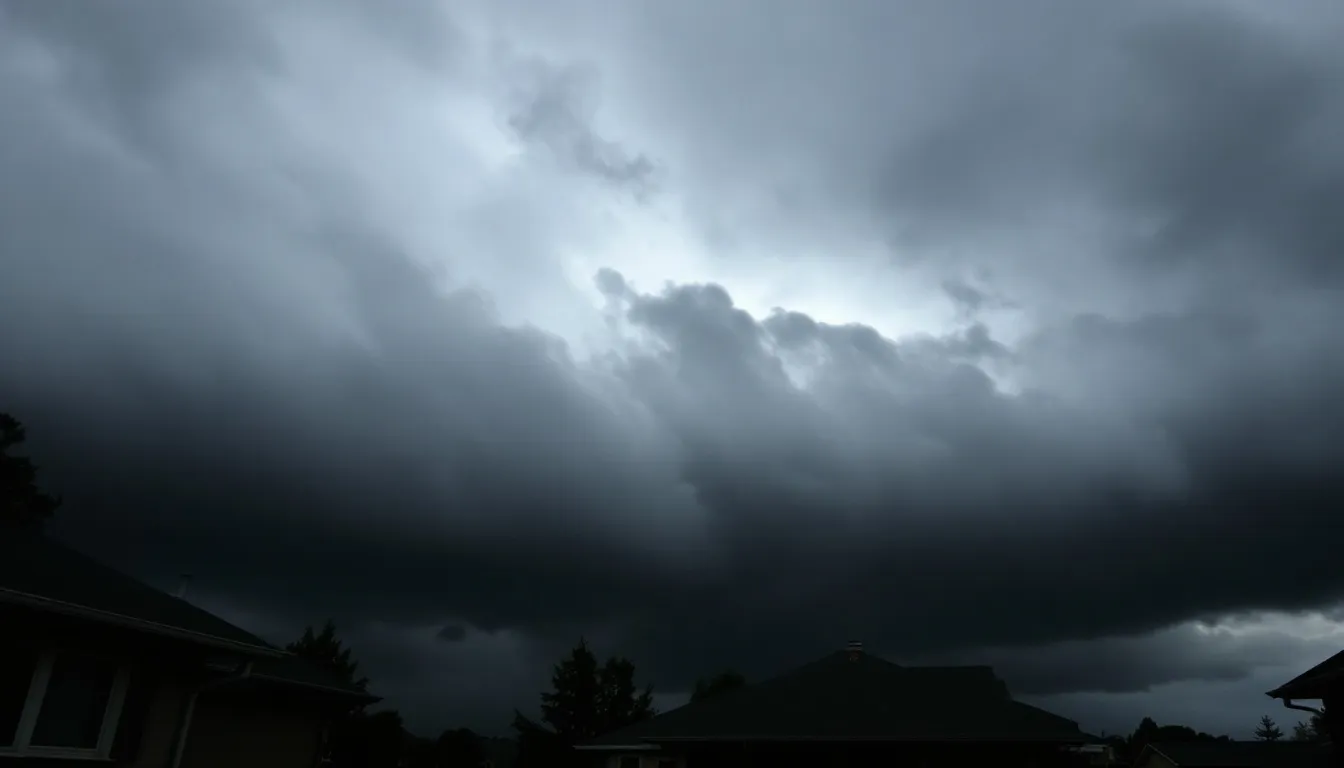
Risk Factors to Monitor: What Could Shift the Forecast?
Current trends are good. But some key risks could change what is expected for the housing market in 2025:
- Big economic problems: A large recession or rising inflation could make it harder for buyers to afford homes.
- Sharp interest rate hikes: If the Federal Reserve raises rates fast, homes become even less affordable.
- Global uncertainty: War, trade issues, or political problems could make buyers less sure.
But most housing experts agree that even in tough times, a 2008-style crash is still unlikely. This is because of today's strong basic market facts.

What This Means for Buyers and Sellers in Las Vegas
Las Vegas remains one of the most active and strong real estate markets in the country. More people are moving in, more businesses are coming, and there are few new homes. So, local prices will likely go up faster than the national average.
Steve Hawks’ advice? “Focus on facts, not fear. If your income is steady and you plan to keep your home, real estate is still one of the most dependable long-term investments.”
Whatever your next move, be it buying your first home, selling for retirement, or investing, match your plan with the facts. Do not let fear from headlines stop a long-term chance.
Want to see your choices? Contact Steve Hawks today to get expert help that fits your goals.
Citations
- National Association of Realtors (NAR). (2024). Housing Market Outlook Report.
- Mortgage Bankers Association (MBA). (2024). Housing Trends Report.

